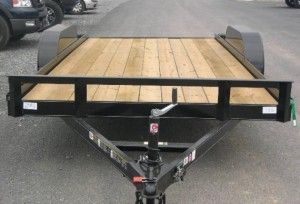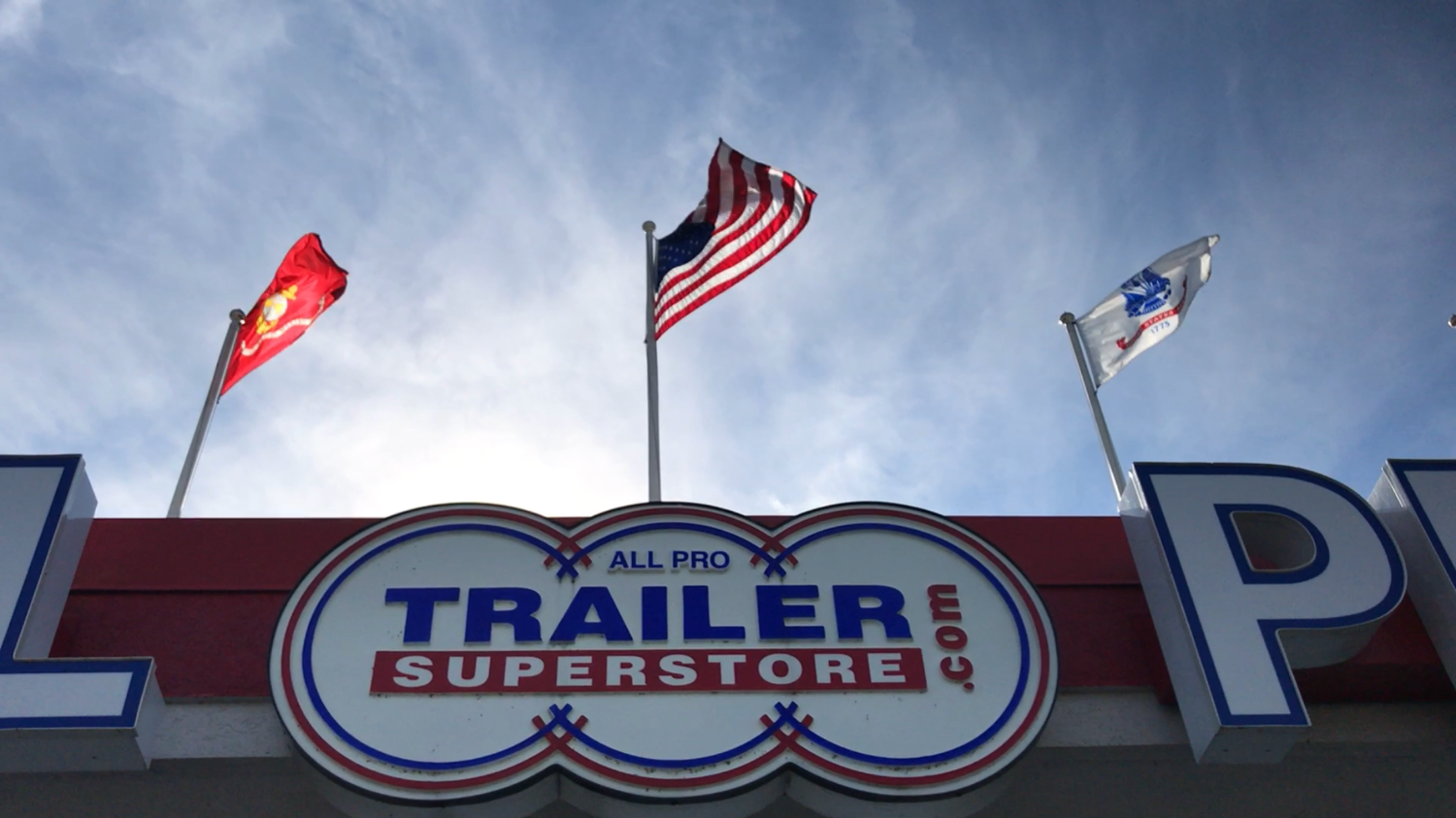5 Tips to Ensure Safety When Using Your Equipment Trailer
Aug 06, 2014Last Updated on February 12, 2025 by Daniel Houck
Last Updated on February 12, 2025 by allprotrailersuperstore
Equipment trailers are very useful when it comes to transporting large items, as they can help you move heavy equipment from place to place in an easy and convenient manner. They also are available in various sizes, load capabilities, and with various other features that give you many options to choose from. However, when equipment trailers are not used properly, they can cause problems that can lead to accidents and other tragedies.
5 Tips to Safely Using an Equipment Trailer
In order to avoid these kinds of problems, it’s important to follow these tips:
Check state laws. Many states have their own laws regarding the use of trailers. These laws may place restrictions on when you can drive with an equipment trailer, how much you can load on them, which roads you can drive on, and when. These laws aren’t meant to an inconvenience, but rather to help protect your safety and others who may be sharing the road with you. You can always do a basic online search to find out what the laws are in your state or call your local DMV.
- Don’t overload your trailer. There’s a reason why equipment trailers come in a variety of sizes and load capabilities. Manufacturers understand that everyone has different needs that call for a different size trailer. Don’t be tempted to test the load capabilities of your trailer by overloading it. If you’re on the verge of running out of room on your trailer, upgrade it to the next largest size to be safe.
- Hire professionals to install it to your vehicle. Most accidents regarding equipment trailers occur due to improper installation onto the vehicle. There are many things to check before you drive away. These include making sure all parts are properly tightened and fastened, verifying that the gross weight of the trailer is at a safe level and that the trailer is not overloaded, making sure items are evenly distributed onto the trailer to avoid tilting, and ensuring that the trailer uses proper safety chains and the correct size of hitches. If you are unfamiliar with the mechanics behind using trailers, hire a professional that can guarantee your safety. You can often times find a professional who will not only work on the installation of your trailer to your vehicle, but will operate and maintain it for you as well.
- Drive slowly. You may be tempted to drive over the speed limit to reach your destination quicker. However, it’s important that you drive slower with your trailer. Never exceed a speed of more than 45 miles per hour.
- Make sure your vehicle is in good condition. Before installing a trailer onto your vehicle, ask yourself, “Is my vehicle equipped to handle this job?” Not every car will work well with a trailer. Trucks are the most commonly used vehicles with equipment trailers. Check ahead of time to make sure your vehicle is working properly, especially in regards to lights and brakes. You may even want to have your vehicle inspected before adding the trailer to ensure it passes with a clean bill of health by a certified mechanic.
Operating a vehicle with a trailer attached to it requires more thought and skill than most people think. When you follow these five tips, you’ll be able to drive with a trailer attached to your vehicle with no problems and your safety intact.


 Check state laws. Many states have their own laws regarding the use of trailers. These laws may place restrictions on when you can drive with an equipment trailer, how much you can load on them, which roads you can drive on, and when. These laws aren’t meant to an inconvenience, but rather to help protect your safety and others who may be sharing the road with you. You can always do a basic online search to find out what the laws are in your state or call your local DMV.
Check state laws. Many states have their own laws regarding the use of trailers. These laws may place restrictions on when you can drive with an equipment trailer, how much you can load on them, which roads you can drive on, and when. These laws aren’t meant to an inconvenience, but rather to help protect your safety and others who may be sharing the road with you. You can always do a basic online search to find out what the laws are in your state or call your local DMV.